What is the Rotator Cuff?
The shoulder is a ball-and-socket joint that is afforded great mobility at the sacrifice of structural stability. The rotator cuff is the synthesis of four tendons of the muscles supraspinatus, infraspinatus, teres minor, and subscapularis, which all blend into the capsule of the glenohumeral joint. Collectively, the primary function of the rotator cuff is to stabilize the shoulder while the larger muscles move it. A rotator cuff strain is a tear or over stretching of one of those four muscles in the shoulder that makes up what is known as the rotator cuff. Rotator Cuff Strain treatment and physical therapy is essential to address these injuries and restore shoulder function. Rotator cuff injury is the most common problem affecting the shoulder, accounting for 4.5 million physician office visits per year. Injuries range from a mild strain of a single tendon to a complete rupture of multiple tendons. Strains of the rotator cuff can occur abruptly from a solitary insult (falling, pushing, pulling, throwing, or lifting), but more commonly (>90%) develop from multiple factors, including repetitive injury and age-related attrition. Like tendinopathies affecting other areas of the body, the etiology of rotator cuff injuries is now considered more “degenerative” than “inflammatory” in nature, making Rotator Cuff Strain treatment and physical therapy crucial in managing these conditions.
What Will a Rotator Cuff Injury Look and Feel Like?
The presentation of rotator cuff injury differs significantly between acute and chronic tears. Acute injuries, resulting from falls, throws, or other powerful movements, begin as a “tearing” or “snapping” feeling accompanied by severe pain and weakness, particularly with lifting the arm. Chronic or degenerative tears usually begin silently with widely variable symptoms becoming more evident as the tear progresses. Pain may be localized to the anterolateral aspect of the shoulder but can radiate down the arm. Early symptoms are provoked by overhead activity and may progress to the point that the patient has difficulty raising their arm overhead. Pain is often worse at night, particularly when lying on the affected shoulder. Rotator Cuff Strain treatment and physical therapy can help manage these symptoms and prevent further complications. There are 3 grades of rotator cuff strain severity. Grade 1 (mild) is minimal damage to the muscle fibers that usually results in a slight decrease in range of motion and strength. Grade 2 (moderate) strains are partial tearing of the muscles with moderate strength and range of motion loss. Grade 3 (severe) strains classified as 50-100% of the muscle is torn leading to complete loss of range of motion and strength in a certain direction and is usually a surgical case. Recovery of rotator cuff strains can vary from 1 week to 1 year depending on severity, but Rotator Cuff Strain treatment and physical therapy can expedite recovery and improve outcomes.
How Do We Treat Rotator Cuff Tendinopathy?
Current research suggests that conservative care should be the first choice for most non-traumatic tears with data suggesting that conservative management of partial-thickness and chronic full-thickness tears yields good outcomes. Findings from high-quality research investigations “suggest that a graduated and well-constructed exercise approach confers at least equivalent benefit as that derived from surgery for rotator cuff tendinopathy, partial thickness rotator cuff tears, and atraumatic full-thickness rotator cuff tears.” If untreated, a rotator cuff strain can progress over time to be more severe, lead to
shoulder impingement syndrome, or lead to compensation pain in the shoulder, back, and neck if not addressed. It is usually treated with extensive muscle work (
Active Release Technique,
Graston Technique, or massage therapy), electrotherapy (muscle stimulation, ultrasound, etc),
chiropractic adjustments,
kinesio tape or rock tape, and an individualized treatment plan in Rotator Cuff Strain treatment and physical therapy.
If you have been suffering with rotator cuff or shoulder pain, schedule an appointment today to see how our doctors can help.

